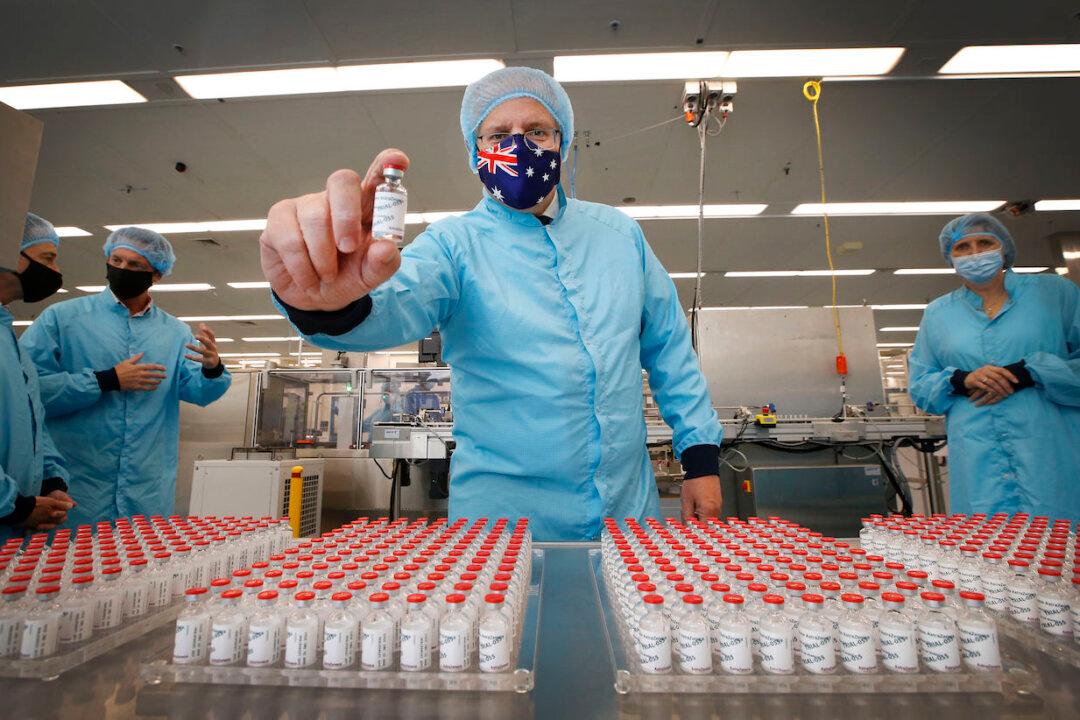AstraZeneca has said the rollout of its COVID-19 vaccine was impacted by “public misperception,” and has blamed Australia’s Therapeutic Goods Administration (TGA) for preventing the pharmaceutical company from countering the “incorrect claims” about its vaccine.
The claim by AstraZeneca follows the publication of more than 2,000 submissions to the federal government’s COVID-19 Response Inquiry, in which a submission from the federal health department revealed that it moderated more than 50,000 comments each month at the height of the pandemic.





